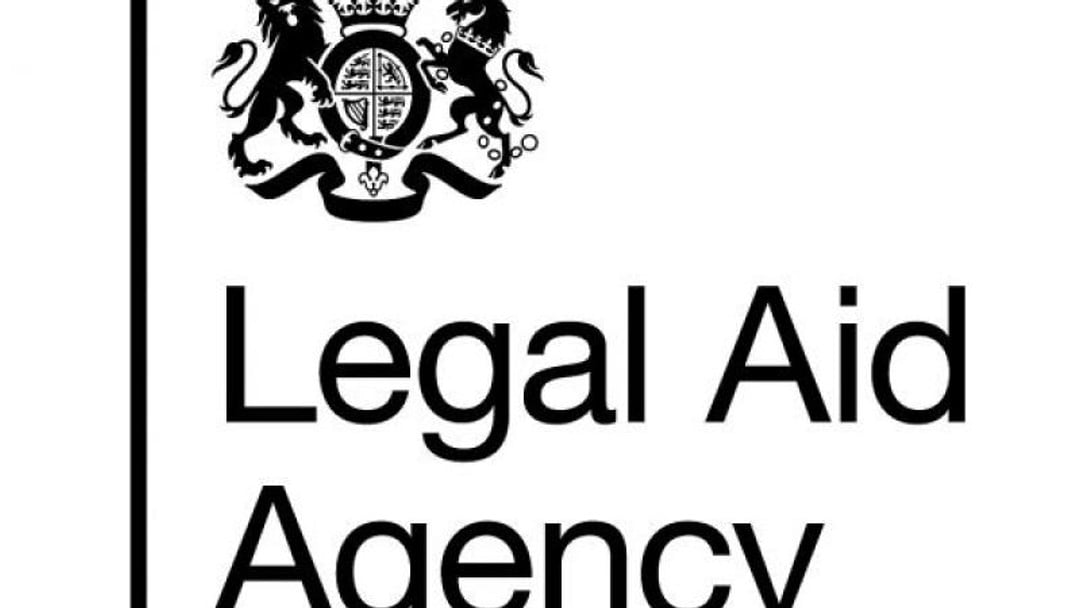Public Interest Lawyers' legal aid contract scrapped

Legal aid not designed to fund 'spurious cases' against our 'brave armed forces,' says Lord Chancellor
The Legal Aid Agency (LAA) has terminated its contract with Public Interest Lawyers (PIL) over the human rights firm's involvement in the £31m Al-Sweady inquiry.
The Birmingham-based outfit, run by Phil Shiner, will no longer receive state money for ongoing legal cases after the LAA said it had 'breached its contractual requirements'.
According to the Times, the agency found that the firm had made inappropriate claims on behalf of clients and accepted referral fees, which are banned. The paper also understands that a file involving allegations about the firm's activities will be passed to the National Crime Agency.
PIL could be forced to pay back up to £3m paid out over the past decade for over 1,100 allegations of torture and murder of innocent Iraqis by British troops, according to a report in the Telegraph.
The LAA said it had 'taken this action after a thorough review of information provided by PIL, following the investigation by the Solicitors Regulation Authority (SRA) into the firm'.
'We are clear that contractual breaches with LAA's contract are proven and warrant investigation by the relevant authorities,' read a statement on its website.
In April, the SRA announced it had referred a second firm to the Solicitors Disciplinary Tribunal (SDT), in addition to human rights specialists Leigh Day.
PIL later confirmed that it was the firm in question, adding that it would robustly defend any allegations raised. Shiner is also set to face the SDT over allegations of misconduct.
The SRA's investigation began after it noted the findings of the Al-Sweady inquiry which raised concerns about the support of Iraqi detainees against the alleged actions of British servicemen at the Battle of Danny Boy in May 2004.
Inquiry chairman and retired High Court judge Sir Thayne Forbes dismissed the Iraqi's allegations as 'wholly without merit and justification' in the 1,350 page report, published in December 2014.
Leigh Day has since been referred to the SDT over a series of allegations, primarily for its supposed failure to recognise the significance of a letter identifying its Iraqi clients as members of the opposing Mahdi Army. The Ministry of Defence (MoD) claims this was known to the firm.
The defence secretary, Michael Fallon, has criticised the law firms in a ministerial statement before the House of Commons.
'The Iraqi detainees, their accomplices and their lawyers must bear the brunt of the criticism for the protracted nature and £31m cost of this unnecessary public inquiry.
'The falsity of the overwhelming majority of their allegations, the extraordinarily late disclosure of a document showing the nine detainees to have been insurgents and the delay by their lawyers in withdrawing the allegations of torture and murder have prompted the SRA to investigate possible breaches of professional standards.
'Had the Legal Services Commission been aware in 2008 of this document it would have refused legal aid for the judicial review that took place then. That would have spared the service personnel a further six years of uncertainty and anxiety. It would have spared the relatives of the deceased a further six years of false hope, and it would have saved the British taxpayer a very high bill.'
Elizabeth Truss, the new Lord Chancellor and justice secretary, welcomed the LAA's decision. 'Legal aid is designed to support some of the most vulnerable members of society - not to pursue spurious cases against our brave armed forces as they serve this country overseas.
'The investigation by the SRA has unearthed some very serious allegations and it will now be for the relevant authorities to decide whether further investigations are required.
'But I am determined that public money should not be misused or wasted and I will not tolerate any abuse of the legal aid rules that are so vital to the proper functioning of our justice system.'
An SRA spokesperson told Solicitors Journal: 'We have investigated PIL and made a referral to the SDT, but cannot comment further on the particulars of the case.'
PIL has yet to return a comment.

